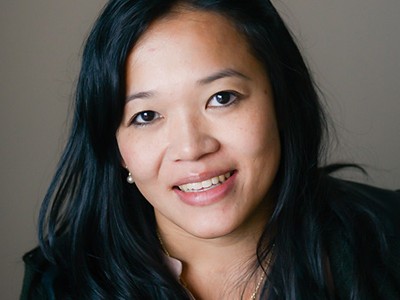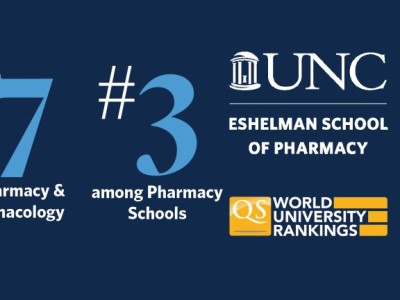December 10, 2009
Peter Gal, PharmD, and Pete Koval, PharmD, faculty members in the Division of Pharmacy Practice and Experiential Education, have received Lenovo Innovation Grants from the UNC Center for Faculty Excellence to develop projects in Second Life to help students in real life.

Gal, a clinical professor, will use his $9,900 grant to create an orientation program on the virtual-reality social network to familiarize fourth-year doctor of pharmacy students with clinical practice in a neonatal intensive care unit (NICU) before they begin that portion of their practice-experience curriculum. Gal oversees the neonatal pharmacotherapy fellowship at the NICU at The Women’s Hospital of Greensboro, which trains twelve to fifteen fourth-year PharmD students from the UNC Eshelman School of Pharmacy each year.
“Most pharmacy students in the United States or around the world have never experienced, virtually or in real life, the complicated clinical practice of the neonatal intensive care unit,” says Gal, director of graduate pharmacy education at the Greensboro Area Health Education Center. “Providing a virtual experience may be useful for orienting students to a workplace and improving the student’s ability to perform required pharmacist tasks in the real-world setting.”
Gal’s team will develop interactive neonatal device models and practical patient-monitoring exercises that will allow students to identify and practice the skills a pharmacist will need in an NICU. Students will be assessed through interactive technology, including a quiz. The model will first be used in a pilot program for UNC students and then shared with other pharmacy schools.

Koval, a clinical associate professor and assistant director of pharmacotherapy, education, and research at the Greensboro AHEC, received a $9,030 grant to study the value of using a virtual poster demonstration to prepare students for a live presentation.
Koval’s project will develop poster-presentation venues in Second Life for the fourth-year PharmD students at the School who participate in the Clinical Scholars Program. As part of the program, they must present a completed research project at a professional meeting, a requirement most commonly fulfilled with a poster presentation at the spring meeting of the North Carolina Association of Pharmacists.
“This is the first professional presentation of research for most of these students,” Koval says. “The goal of this project is to enhance students’ skill, ability, and confidence to present research findings visually and verbally.”
In Koval’s project, half of the approximately forty students who participate in the Clinical Scholars Program each year will give a virtual presentation in Second Life before their live presentations. Pharmacy faculty from around the state, many of whom would not be able to attend live presentations in person, will be invited to interact with students in the virtual environment and give them verbal feedback and standardized written evaluations. Faculty and students will be surveyed after the virtual and live presentations for their assessment of how much the Second Life experience helped the students prepare. These students’ performance in the live presentation will also be compared with that of the Clinical Scholars Program participants who did not give a virtual presentation.
“This project addresses one of our core curricular goals—to improve communication skills, including the ability to clearly explain clinical information,” says Koval, who is also a collaborator on Gal’s project.
Latest News

Delesha Carpenter promoted to full professor

Developing new ways to treat heart attacks without surgery


